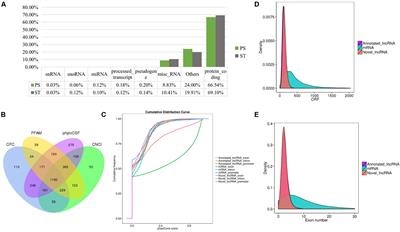EDITORIAL
Published on 23 Apr 2021
Editorial: Cell Organelle Exploitation by Viruses During Infection
doi 10.3389/fmicb.2021.675152
- 2,073 views
- 4 citations
18k
Total downloads
124k
Total views and downloads
EDITORIAL
Published on 23 Apr 2021
REVIEW
Published on 04 Dec 2020
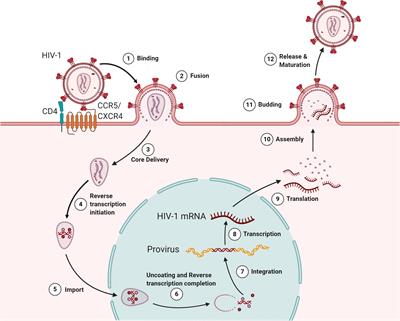
MINI REVIEW
Published on 31 Aug 2020
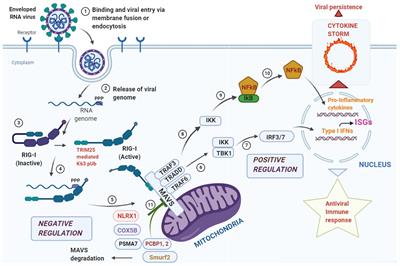
ORIGINAL RESEARCH
Published on 08 Jul 2020
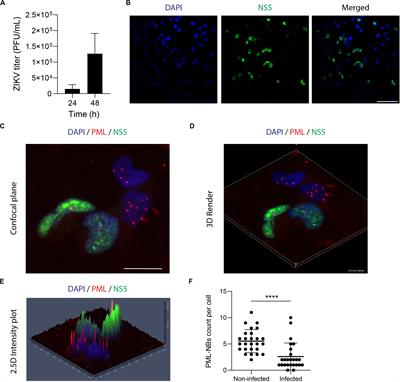
ORIGINAL RESEARCH
Published on 26 Jun 2020
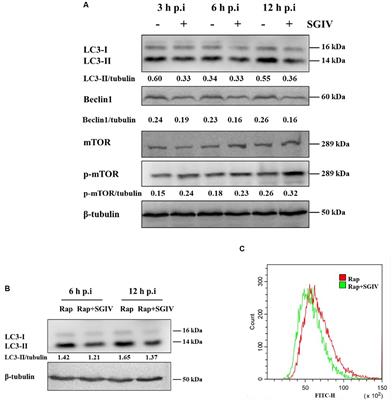
REVIEW
Published on 07 May 2020
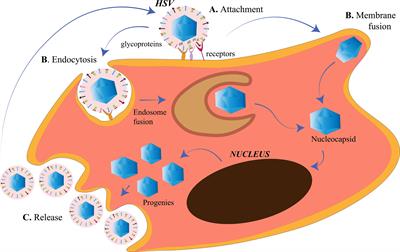
ORIGINAL RESEARCH
Published on 30 Apr 2020
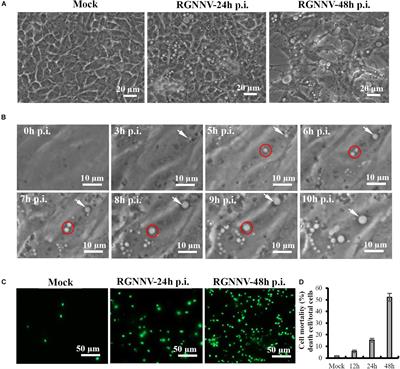
ORIGINAL RESEARCH
Published on 28 Apr 2020
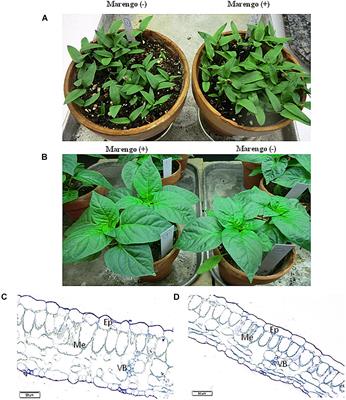
MINI REVIEW
Published on 08 Apr 2020
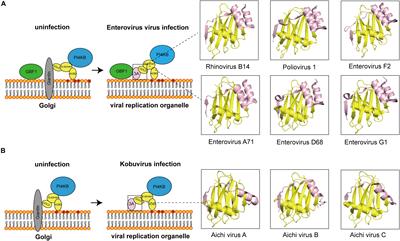
ORIGINAL RESEARCH
Published on 28 Jan 2020
